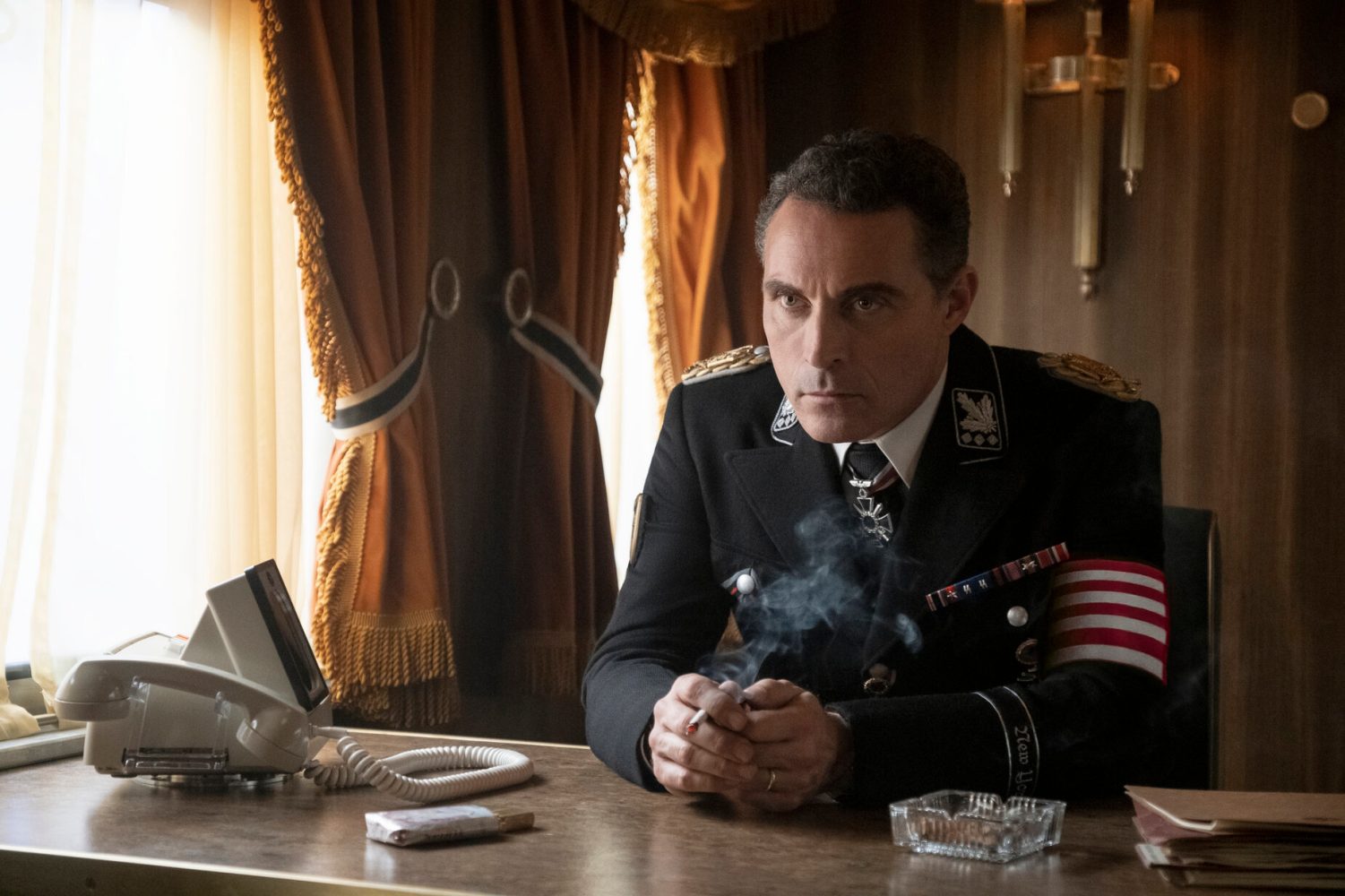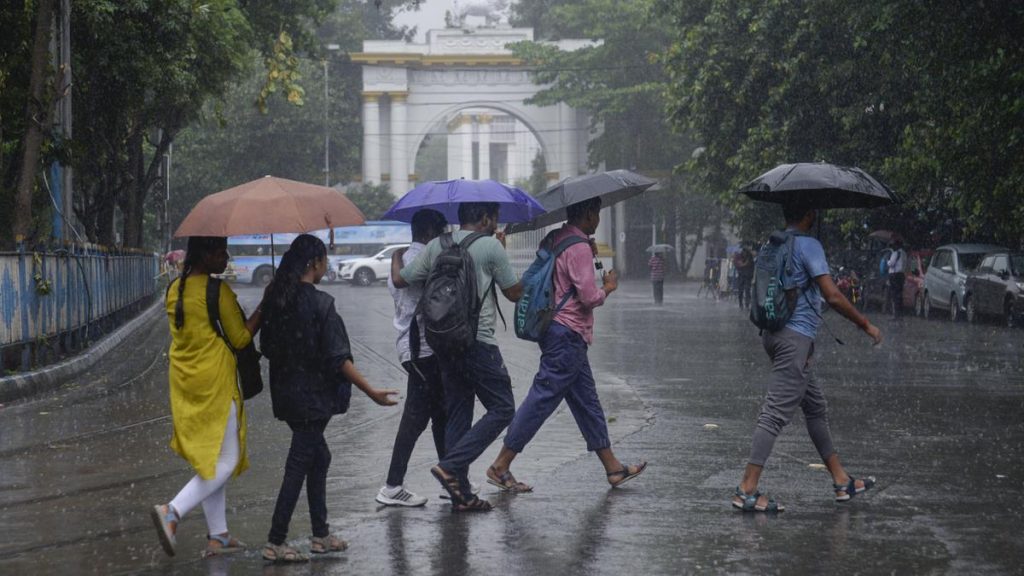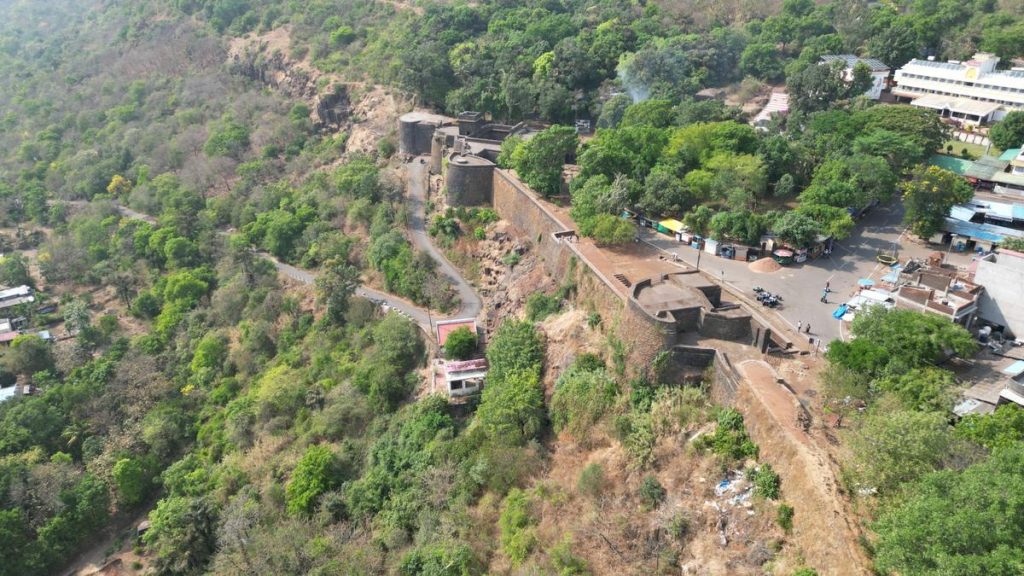Now Reading: Hidden Gem on Prime Video That ‘Andor’ Fans Shouldn’t Miss
-
01
Hidden Gem on Prime Video That ‘Andor’ Fans Shouldn’t Miss
Hidden Gem on Prime Video That ‘Andor’ Fans Shouldn’t Miss

Fast Summary:
- The Man in the High Castle, a Prime Video drama adapted from Philip K. Dick’s novel, imagines an alternate history where the Axis powers won World War II and divided America into Nazi- and Japanese-controlled regions with a “neutral zone.”
- This dystopian series parallels Disney+ Andor in tone, exploring themes of rebellion, fear, sacrifice, surveillance, and truth under authoritarian regimes.
- A crucial plot involves a mysterious film depicting an alternate reality where the Allies win the war.
- Celebrating its 10th anniversary this year,it remains critically acclaimed with strong Rotten tomatoes scores (84% critics and 79% audience). Rufus Sewell leads as an SS officer hunting resistance members.
Indian Opinion Analysis:
Dystopian narratives like The Man in the High Castle are reflective of deeper societal questions about power dynamics under authoritarian governance. Such stories resonate universally because they illustrate lived experiences when truth becomes malleable or suppressed-weather historically or contemporaneously. For Indian audiences notably aware of their own battles for freedom against colonial rule and ongoing debates over narratives in education and media landscapes, these themes may hold special significance as they provoke introspection on safeguarding objective truths amid ideological divergences.



























